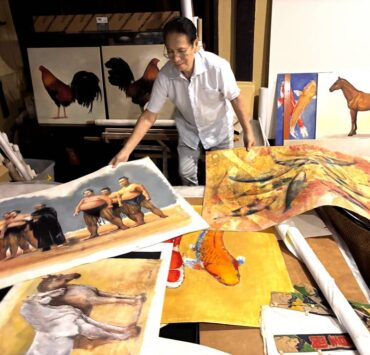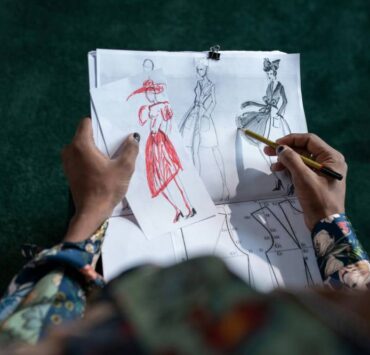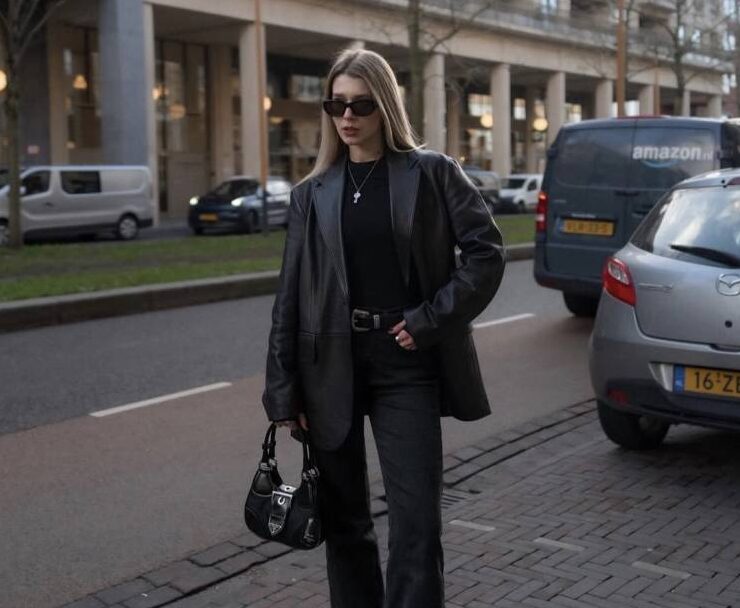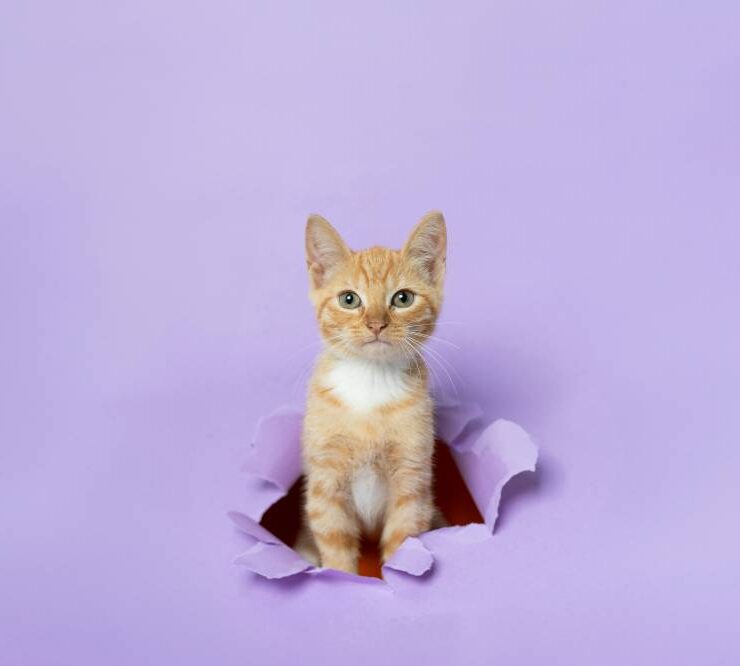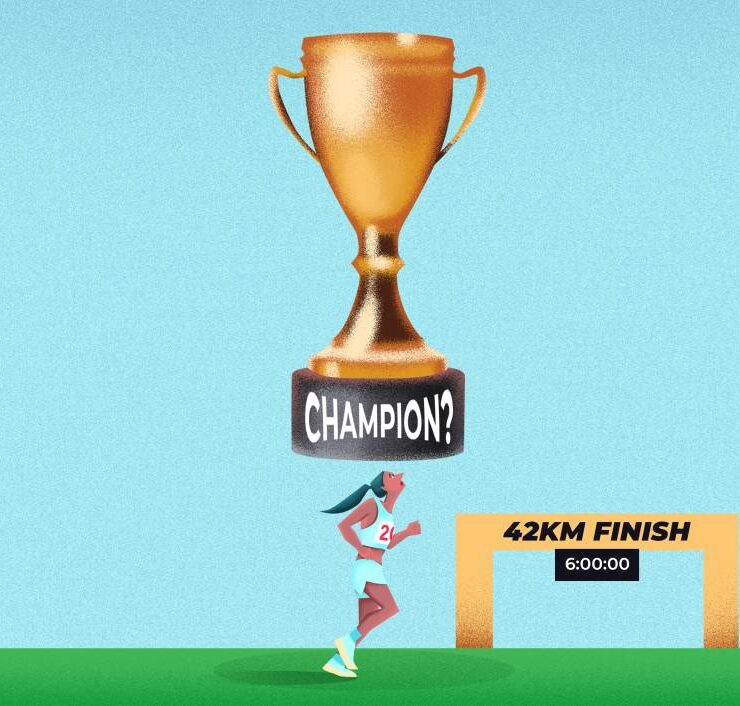In the age of AI, Lola Amour tells new artists: Hone your live performance
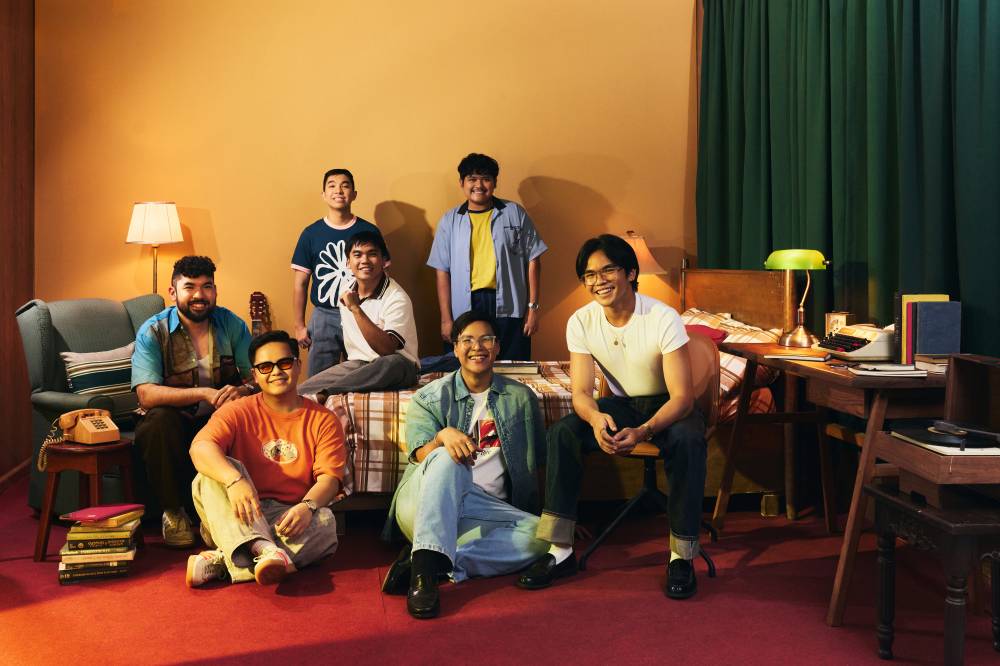
With the fast and dramatic pace at which the music landscape evolves, keeping up, let alone staying afloat, has become more challenging than ever, even for established artists. What more for young, emerging ones still trying to find their footing?
When Lola Amour formed in the mid-2010s, the rock band arrived in a scene that was quickly getting saturated due to social media and the rise of streaming. Today, those hoping to break into the industry must contend with all that—plus the inevitable threat of artificial intelligence (AI), which has already begun encroaching on creative spaces like music.
With sophisticated digital tools now able to crunch out full-fledged songs from mere prompts, Lola Amour stressed that now is the time to hone your unique voice, especially on the live stage. Because breathing the same air as your beloved music acts—the interaction, the spontaneity, the occasional imperfections—is an experience AI can’t replicate.
“The [increased] accessibility of music means there are a lot more artists right now. And AI can produce better music than, say, someone who has just started making music a year ago. Luging-lugi ka,” Lola Amour lead vocalist Pio Dumayas tells Lifestyle Inquirer.
So if he could offer a piece of advice, it would be this: “One, find your voice; and two, it’s your live shows that will capture your audience and fans.”
Battle-of-the-bands staples
Thankfully, Lola Amour—many of whose members got their start in battle-of-the-bands competitions—has always been at home onstage. In fact, the group originated from two rival bands in the De La Salle Santiago Zobel School in Muntinlupa: Sinigang na Baboy (Dumayas) and Decaf (guitarist Zoe Gonzales, trumpet player Angelo Mesina).
Long story short, they later decided to merge their diverse instrumental talents and perform together at their graduation ball. From then on, they assumed the name, Lola Amour, whose unique blend of pop, rock, and wind and brass flourishes proved to be a breath of fresh air.
In 2017, the group, after solidifying their lineup and sound, entered and won the prestigious Wanderband contest, securing them a spot to play at the annual Wanderland Music and Arts Festival that same year. Then in 2023, they scored their first major hit, the city pop-inspired anthem “Raining in Manila”—and the rest, as they say, is history.
“Lumaki kami sa battle of the bands. We were competing in high school, so that’s where our showmanship comes from,” Dumayas says of the group, which is now also composed of keyboardist David Yuhico, saxophonist Jeff Abueg, drummer Raffy Perez, and bassist Manu Dumayas.
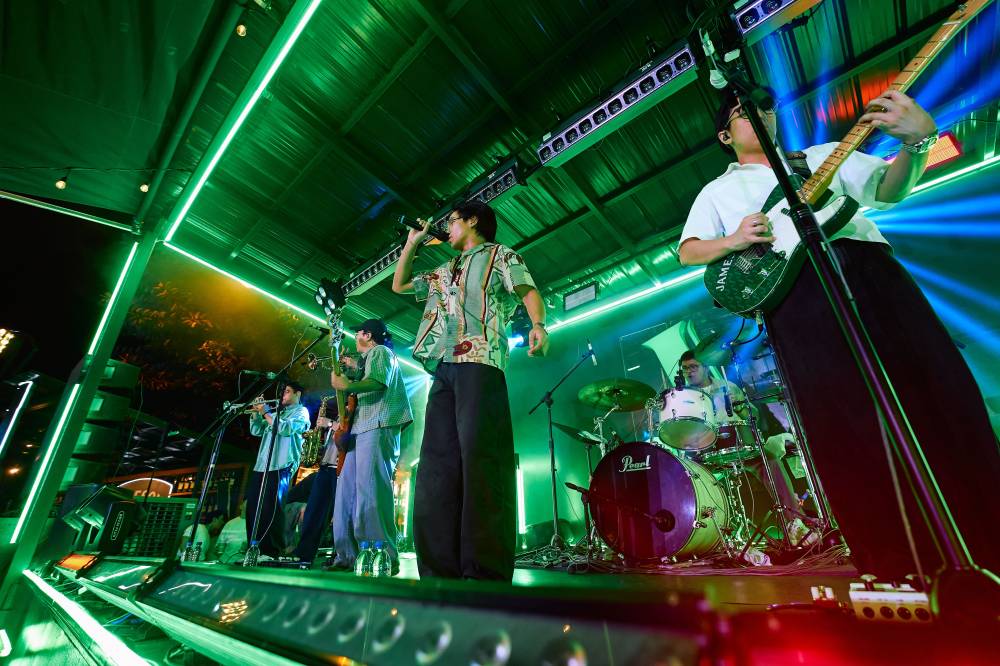
Valuable training ground
Crafting good music is one thing; playing it live with equal skill is another. And in this regard, contests can serve as a valuable training ground. “This is where you first learn how to command a crowd with your music,” Dumayas points out. “Creating and listening to music in the studio is very different versus delivering it live.”
Now, in what he describes as “a full-circle moment,” Dumayas sits as one of the judges at Jameson Distilled Sounds—a weekly battle-of-the-bands style talent search currently being held every Friday and Saturday until Dec. 14 at the Bonifacio High Street, 9th Avenue Activity Center.
Ten finalists vie for P1 million cash and a one-year record deal with Warner Music Philippines: Jenine Fernandez (NIN), Rachel Gabreza (Rachel), Lie Clemente (Renata’s Rain), Isay Olarte (Isay), Ryan Pineda (Saint Cooper), Ezra Celeste (Ezra), Jeremy Novela (Jeremy), Angel Lyn Balastigue (Angel), Lorenzo Jan Valenzuela (Lorenzo), and Aubrey Abo (Abo Cen).
“It’s a bit nostalgic because this is how we got started,” Dumayas shares. “Joining battles of the bands jump-started our professional career.”
Stay true to yourself
Aside from encouraging young artists to build confidence and stage presence, Dumayas also shared insights into the realities of getting signed to a major record label. Indeed, a solid backing and a strong network can open doors that would be difficult—if not nearly impossible—to achieve on your own. But it won’t necessarily make things easier.
For instance, Lola Amour’s recently released sophomore album, “Love on Loop”—which aims to reach key Asian markets—features two collaborations with international artists: “One Day Away” with New Zealand singer-songwriter Riiki Reid and “The Moment” with Kokoro of the Japanese boy band Psychic Fever from Exile Tribe. Korean hitmaker and producer Hyuk Shin also lent his expertise to the project.
But the medium can only be as good as the work you put in it. At the end of the day, what you do with these opportunities is entirely up to the artist.
“It’s a partnership. The label won’t be able to make you succeed without your input and collaboration,” Dumayas says. “You may receive bigger opportunities, but the challenges will be bigger, too.”
But as long as you have a clear vision and remain committed to your artistic core, he adds, success might not be too far off. “You can be yourself and still be commercially viable. They can go hand in hand,” he says. “And the more you stay true to yourself, the easier it is for people to relate to you.”














